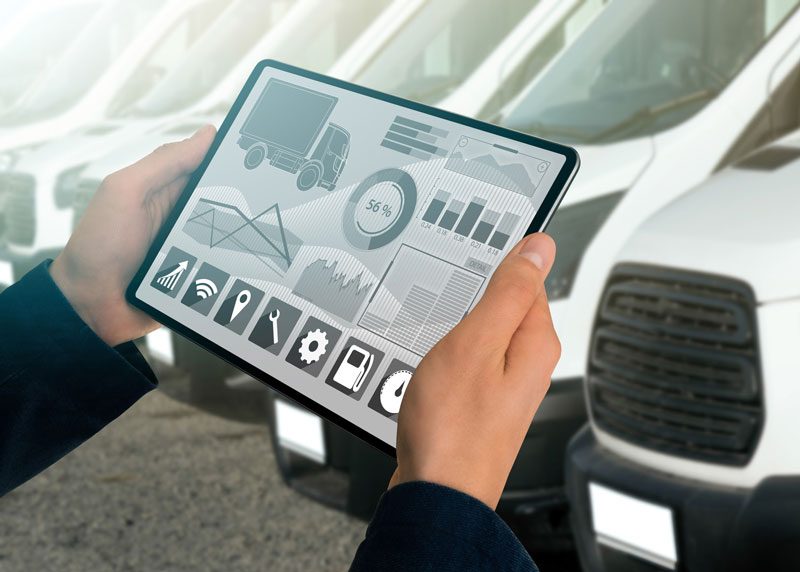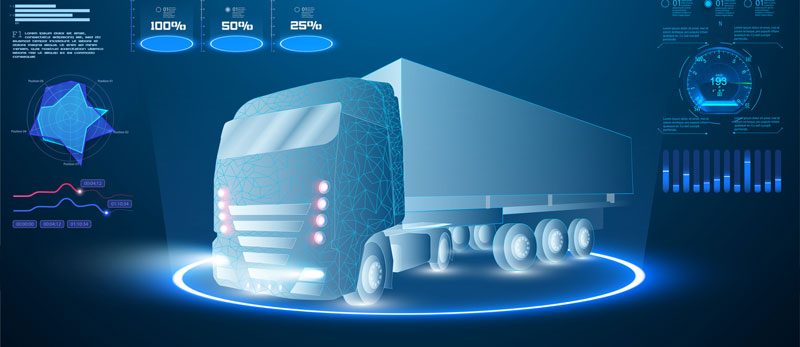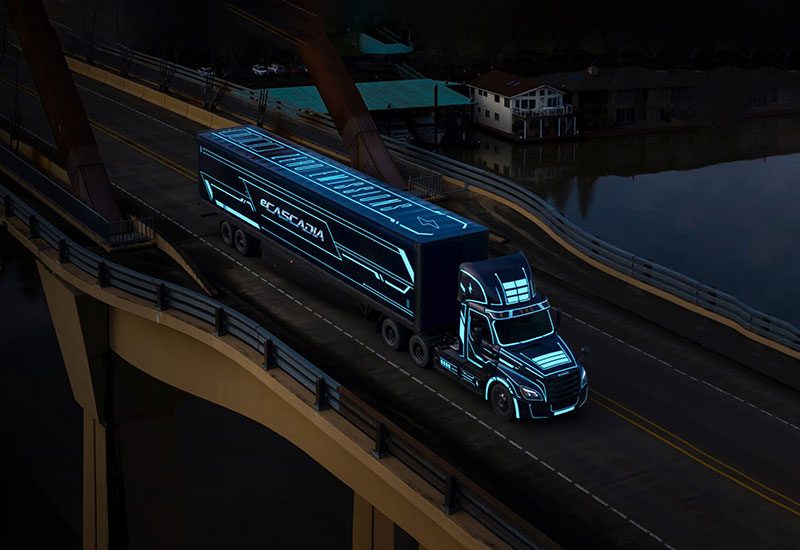Smarter Trucking: What is Fleet Management?
When a company has more than one vehicle, it is important to keep track of all their movements and activities, and make sure all the vehicles are in good, working order. This is called fleet management. Many companies use software that helps them with their fleet management, using technologies such as GPS and analytics.
Having good fleet management processes in place helps a vehicle stay on the road for longer. Here are some of the benefits of fleet management:
• Identifies any potential issues
• Increases a vehicle’s productivity and efficiency
• Reduces fuel costs and saves money
• Helps reduce negative impacts on the environment
• Locates and tracks vehicles while on the road
• Improves driver safety

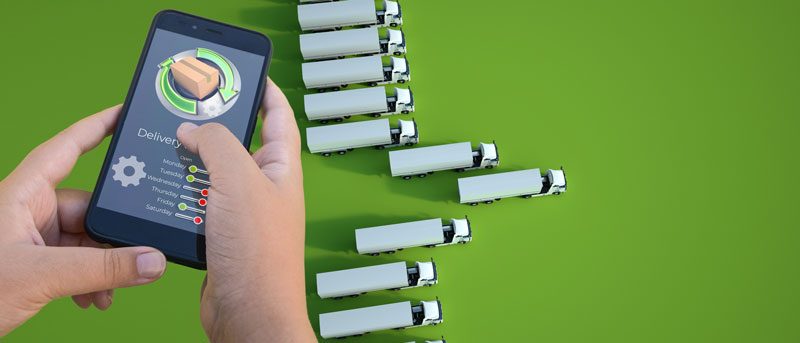
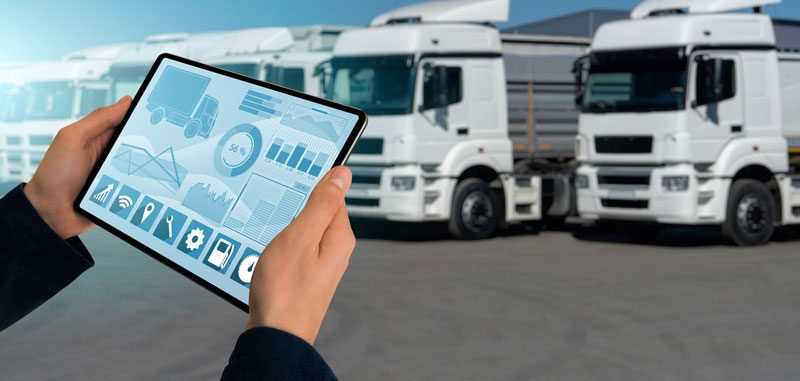
What is Fuel Efficiency?
What is fuel efficiency, and why is it important?
When we talk about fuel efficiency, we are talking about the amount of fuel used per unit distance - for example, how much diesel or petrol does a vehicle use per kilometre travelled?
The transport industry is working hard to operate more efficiently to help the environment, and one of the ways it does this is by using more efficient trucks.
An efficient truck means it is operating or working in a way that gets results, with little wasted effort.
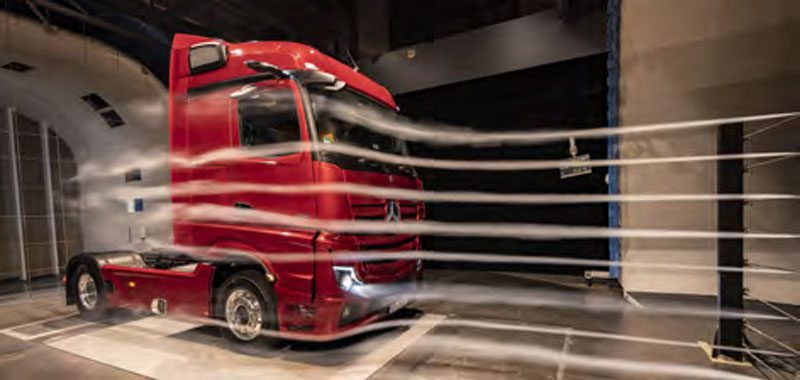
Better fuel efficiency means that for each kilometre travelled, you burn less fuel and release fewer carbon emissions into the environment.
Look at features that help driving more efficiently such as engine, drivetrain and transmission. Other helpful features that reduce weight include alloy wheels (lighter than steel) and low resistance tyres. Air foil and mirrorless cameras that reduce wind resistance can also help saving fuel for truck drivers.
Choosing more fuel-efficient vehicles is one of the most effective ways to reduce greenhouse gas emissions, and lots of truck companies now choose to purchase trucks that are better for the environment.
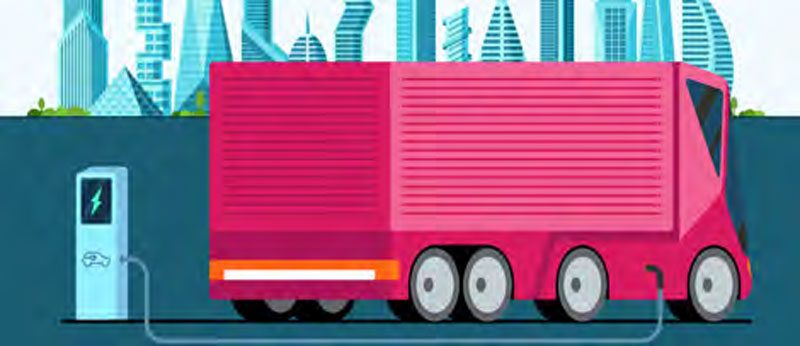
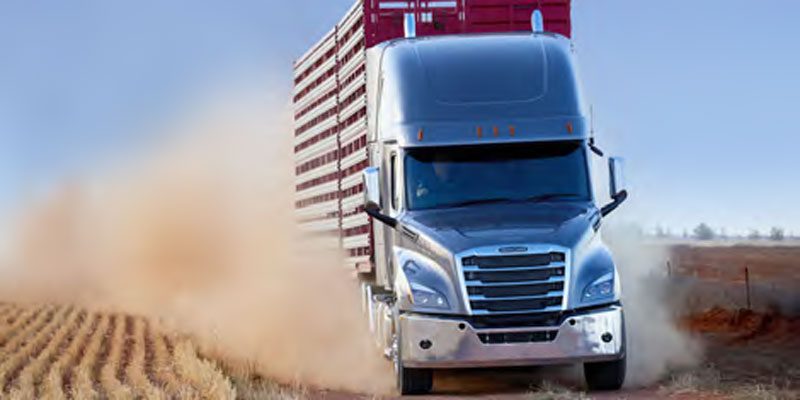
Everything you need to know about Electric Trucks
What is an electric vehicle? Why are they a good option? Are they the future?
What is an electric vehicle/truck?
The electric automobile is a motor vehicle powered by rechargeable batteries rather than fossil fuels. Petrol and diesel are fossil fuels.
Why electric trucks?
Electric vehicles are more energy efficient and have a lower environmental impact. The environmental impact of an electric truck is very low when the truck is in use, in fact they produce zero emissions on the road and are very very very quiet. They are so quiet, manufacturers have to add sounds to the vehicles to ensure pedestrians and cyclists can hear them. EVs are energy efficient. They convert more than 77% of the electrical energy from the grid to power at the wheels. Conventional diesel or petrol vehicles only convert about 12%–30% of the energy stored in fossil fuel to power at the wheels.
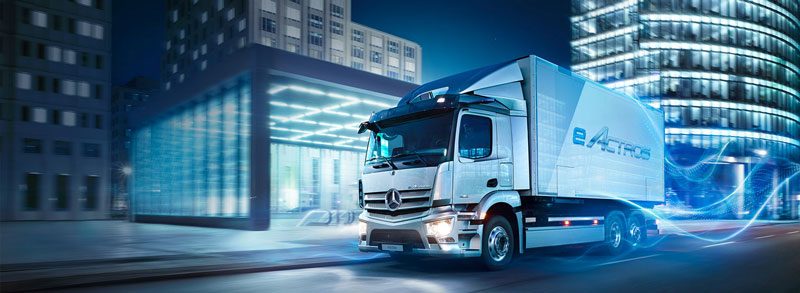
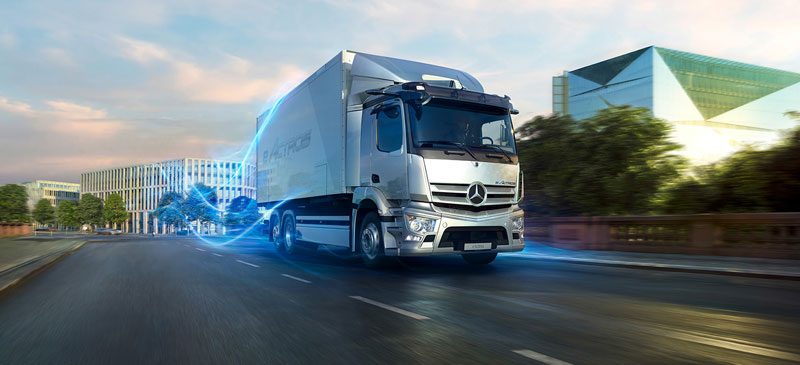
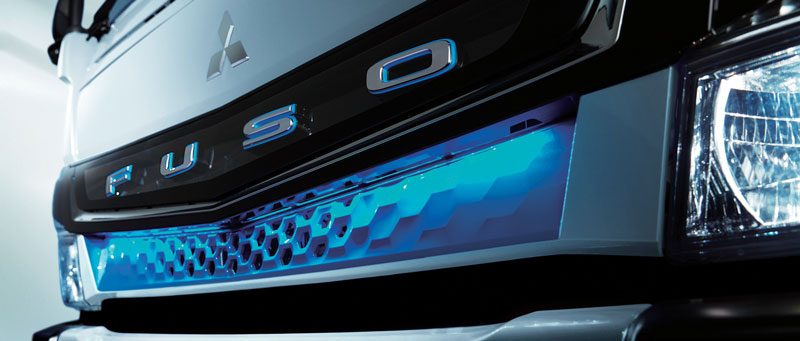
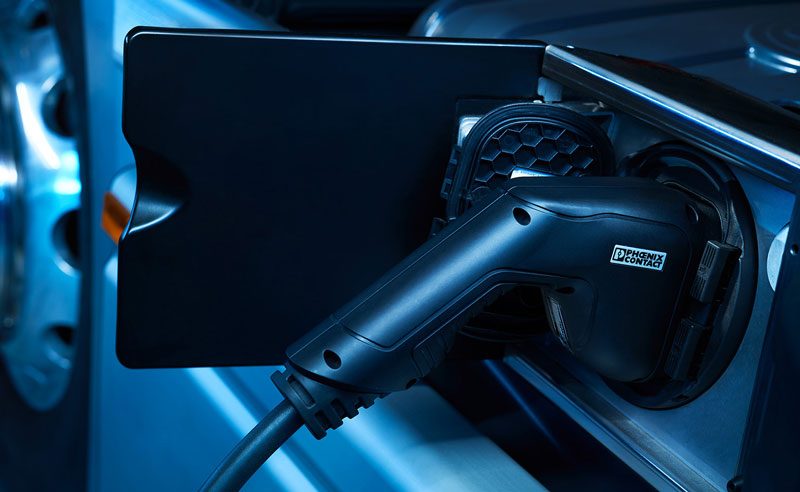
Electric Trucks Down Under:
The eCanter, an electric truck from FUSO, is the world’s first series-produced, fully electric light truck that is available in the New Zealand market. It is ideal for inner-city deliveries.
There are many manufacturers developing and road-testing battery- electric, heavy-duty electric trucks such as the eActros from Mercedes-Benz and eCascadia from Freightliner, so expect to see more electric trucks on Australian and New Zealand roads in the not-to- distanced future!
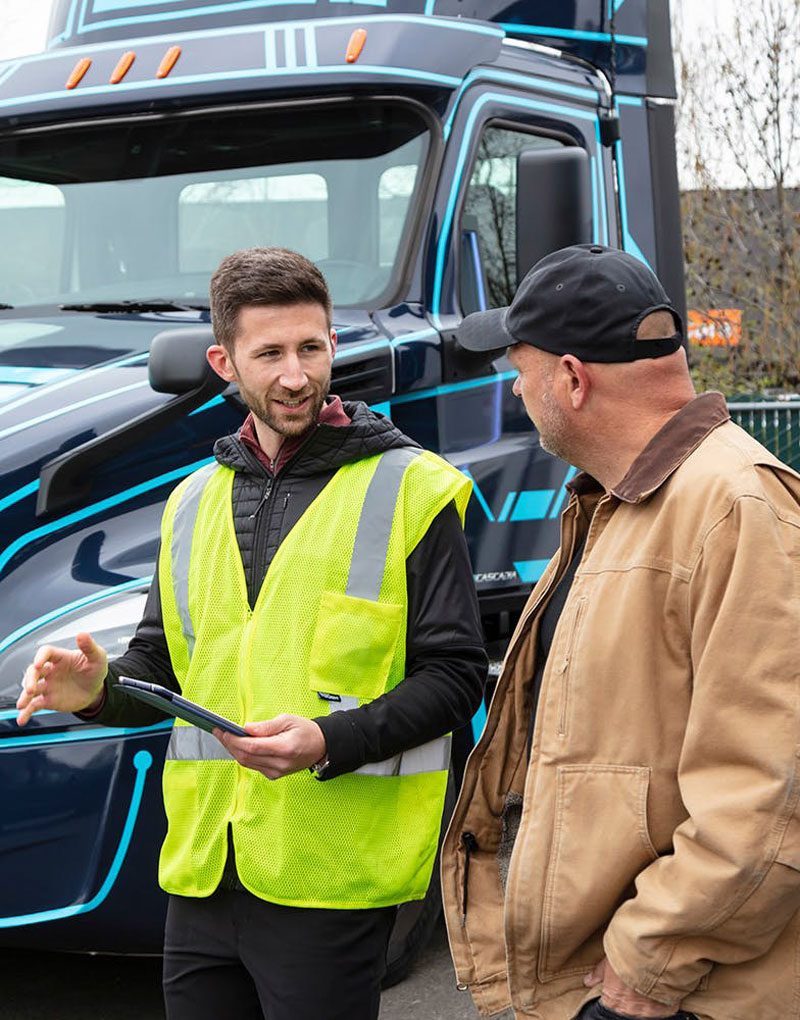
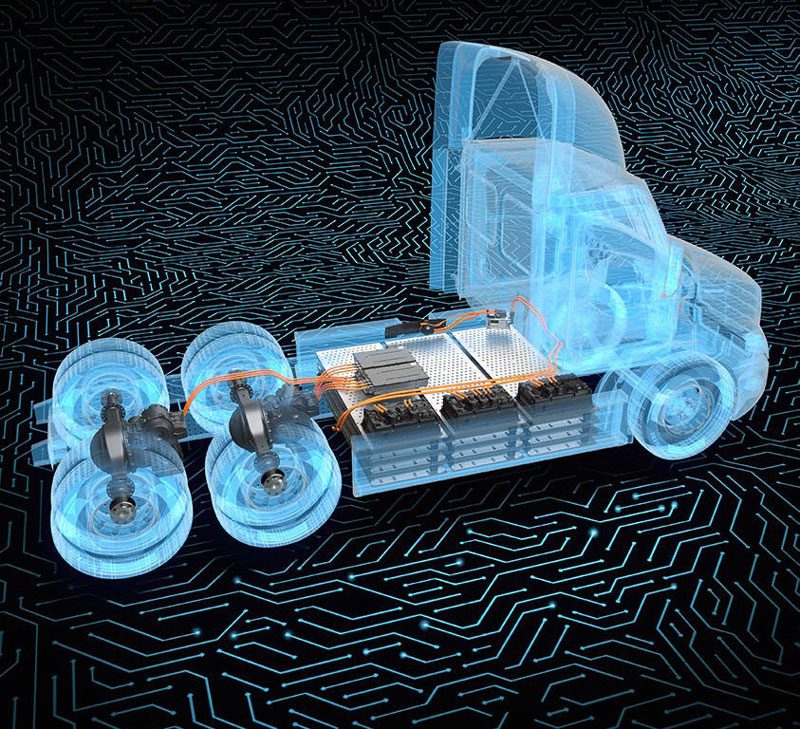
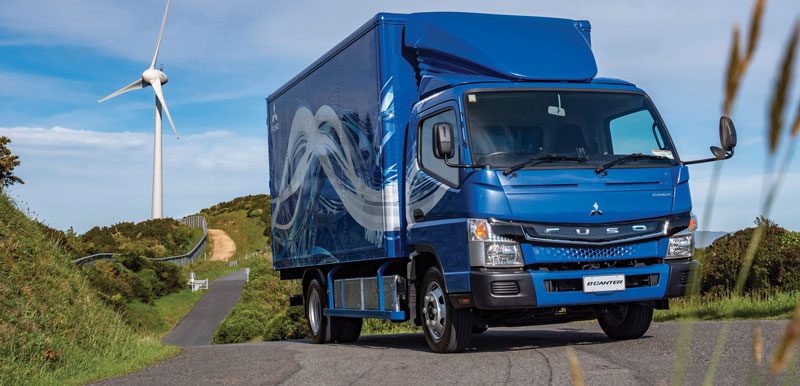
Technology and Trucking
Many industries are changing the way they do things to help the environment. Globally, transportation accounts for between 15 and 20% of emissions each year. In New Zealand, big freight trucks account for nearly 25% of New Zealand’s road transport emissions. Greener, efficient and smarter trucks can help reduce the transport industry’s carbon footprint.
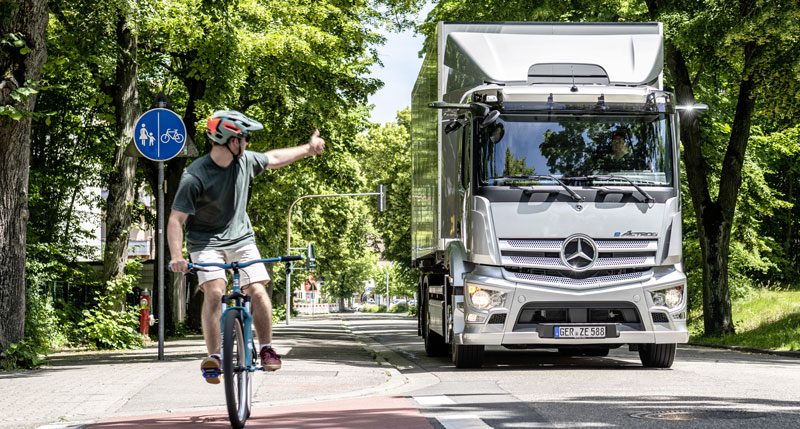
Here, we look at ways the transport industry is using technology to make a difference.
Fuel
Most trucks run on diesel. Many companies are changing the types of fuel they use that are better for the planet, such as electricity, biofuels and green hydrogen.
Better efficiency
Efficient practices such as using vehicle space more efficiently or reducing freight demand can reduce freight emissions. Many different types of technology are used within trucks and at depots to help manage logistics, the workloads of truck drivers, and track freight.
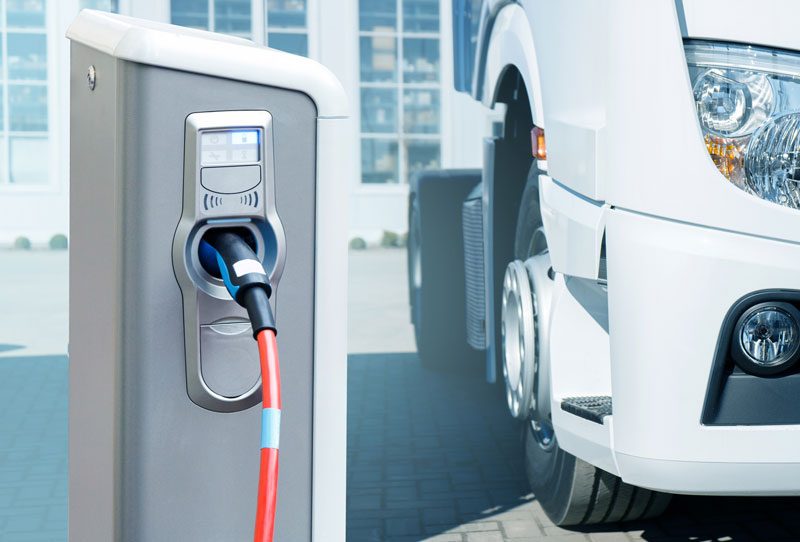
Electric trucks
Many transport companies are introducing electric trucks to their fleet. Many governments around the world are providing financial incentives to encourage businesses to make the switch to electric vehicles.
Better driving
Skilled driving not only has a direct impact on safety, it can also result in better fuel consumption and a lighter carbon footprint. Many trucking companies have introduced software onto their trucks to help their drivers with speed, maneuverability and to see where they can make improvements.
